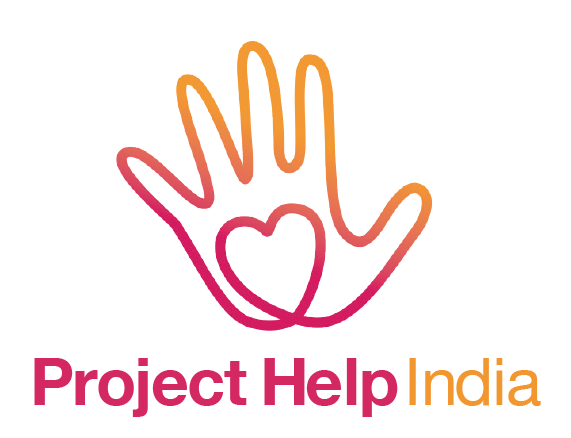Despite doing this every day, crossing a flooded river during the monsoon can be incredibly dangerous for those whose income and livelihood depend on it.
Residents of Nigeria, Africa's most populous nation, are used to the yearly floods that engulf the coastal city between March and November. In July, however, the major business district of Lagos Island experienced one of its worst floods in recent years. Home to more than 24 million people, Lagos, a low-lying city on Nigeria's Atlantic coast, may become uninhabitable by the end of this century as sea levels rise due to climate change, scientific projections suggest.
This past month we have witnessed similar climate related catastrophes; floods in Germany, China, and the Philippines. Heat waves have resulted in devastating forest fires in Greece, Cyprus, North West USA and Canada.
Our planet is suffering, and with this people suffer too. As if COVID has not been enough –NGOs and charities world-wide are now having to redirect funds away from planned projects, simply because of the urgent human needs that they see before them. Much strategic planning has pivoted in ways not anticipated 18 months ago.
So much has changed in this short period of time. It’s a very different world that we now live in, and it can be overwhelming. We have all lost something and there is a pervading sense of anxiety and grief for many.
It’s wet in India too
The usually ‘predictable’ seasonal monsoon across India has also been erratic. Severe flooding has been dangerous and unexpected. Several villages close to where we work have been destroyed and lives have been lost. Children and teens are particularly at risk, due to their lack of water safety awareness, and not being able to swim. During the current lockdown, kids are not attending school, so they will get out and about, playing in streams and waterways. Last week in Kotdwara a 14 year old boy drowned while playing with three of his friends by a flooded river.
In response to this, the Sub Divisional Magistrate of Kotdwara asked if Project Help could develop a monsoon awareness campaign. So, last week we commenced a community program, particularly directed to children and those whose slum houses are situated on the river banks and whose daily work requires them to frequently cross rivers.
Agile teams working with love and compassion
We often need to do things quickly in India and key to our success are the 3 strong Project Help teams. Presently we employ 28 local people, full-time, in 3 cities in 3 states of India. These hard-working, dedicated and passionate people inspire me greatly. They are trusted and respected within their community. In this rapidly changing world, whether it’s floods, COVID related, people trafficking, drug awareness, health and hygiene, educating and feeding children or women’s empowerment, these issues are all connected to our mission which is to bring love, hope, dignity and purpose to the poor.
Our teams send their love and appreciation to the many people who donate to Project Help India. Your donation pays these people’s salaries, and also the funding of our many programs.
Your generosity makes all, and so much more possible. Thank you.
















































